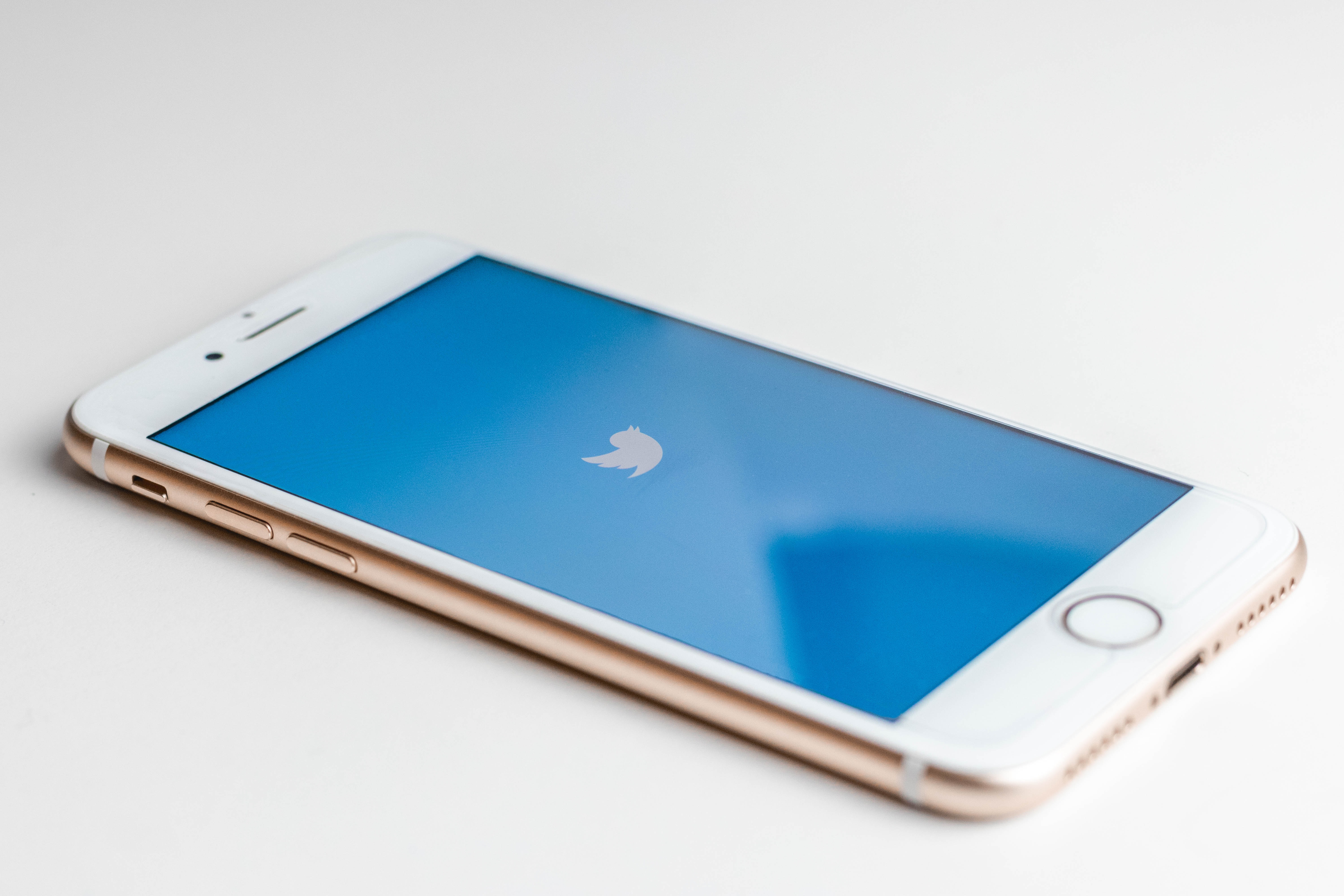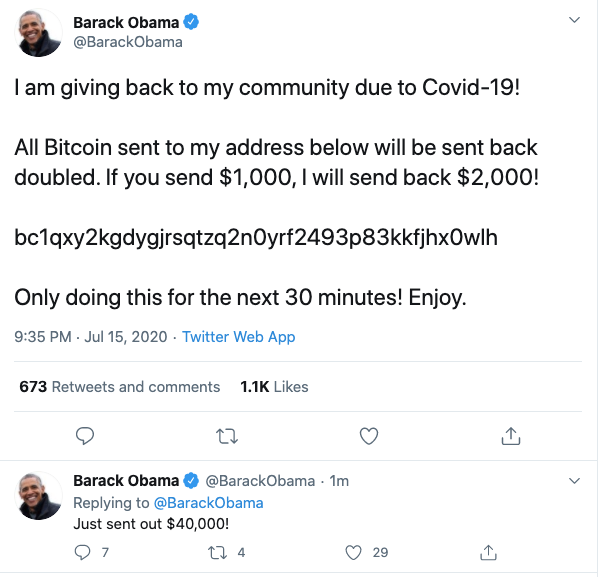Twitter blocked tweets from verified accounts after a massive security breach

What do Joe Biden, Barack Obama, Elon Musk, and Bill Gates have in common?
Dozens of high-profile verified Twitter accounts were hacked on Wednesday, seemingly to push a cryptocurrency scam that may have netted upwards of $100,000 in a matter of minutes. These kinds of scams are old hat on Twitter, but never have so many prominent accounts been taken over at once.
To stem the tide, Twitter appeared to take the unprecedented step of suspending all tweets from verified accounts for about a half hour on Wednesday. They also blocked some password reset attempts.
Several victims of the hack said they use multi-factor authentication to protect their accounts, but that security feature was of no use. Instead, the sheer volume of hacked accounts suggests a problem with Twitter itself. A company spokesperson said Twitter is “investigating and taking steps” to address the incident.
An early Twitter investigation found a "coordinated social engineering attack" that successfully targeted company employees. In the context of cybersecurity, social engineering is psychological manipulation. In plain English, it means the Twitter employees were tricked in some way by the hackers.
"We know they used this access to take control of many highly-visible (including verified) accounts and Tweet on their behalf," the company said. "We’re looking into what other malicious activity they may have conducted or information they may have accessed and will share more here as we have it."
The company has "taken significant steps to limit access to internal systems and tools while our investigation is ongoing."
While the hack at first glance seemed to be part of a Bitcoin scam, there could be another motive. Any hacker who can tweet from an account could potentially be able to read private direct messages.
The outcome could have been worse than a few scam tweets given the prominence of the victims. Perhaps the most infamous Twitter hack of all time took place in 2013, when the Associated Press tweeted about explosions at the White House and sent the stock market plummeting temporarily. The attackers this time around could have sown similar chaos. Last year, the account of Twitter founder Jack Dorsey was hacked.
The hacking of a presidential candidate and the potential breach of private communications echoes the 2016 race, when emails from Hillary Clinton’s campaign and the Democratic National Committee were leaked by Russian government hackers. President Donald Trump, Twitter’s most famous user, has not been affected by the incident.

Takeovers first began late in the afternoon US Eastern Time against primarily cryptocurrency-focused accounts like the trading platforms Coinbase, Gemini, and Binance. The impact spread quickly after that.
Deep Dive
Computing
Inside the hunt for new physics at the world’s largest particle collider
The Large Hadron Collider hasn’t seen any new particles since the discovery of the Higgs boson in 2012. Here’s what researchers are trying to do about it.
How ASML took over the chipmaking chessboard
MIT Technology Review sat down with outgoing CTO Martin van den Brink to talk about the company’s rise to dominance and the life and death of Moore’s Law.
How Wi-Fi sensing became usable tech
After a decade of obscurity, the technology is being used to track people’s movements.
Algorithms are everywhere
Three new books warn against turning into the person the algorithm thinks you are.
Stay connected
Get the latest updates from
MIT Technology Review
Discover special offers, top stories, upcoming events, and more.